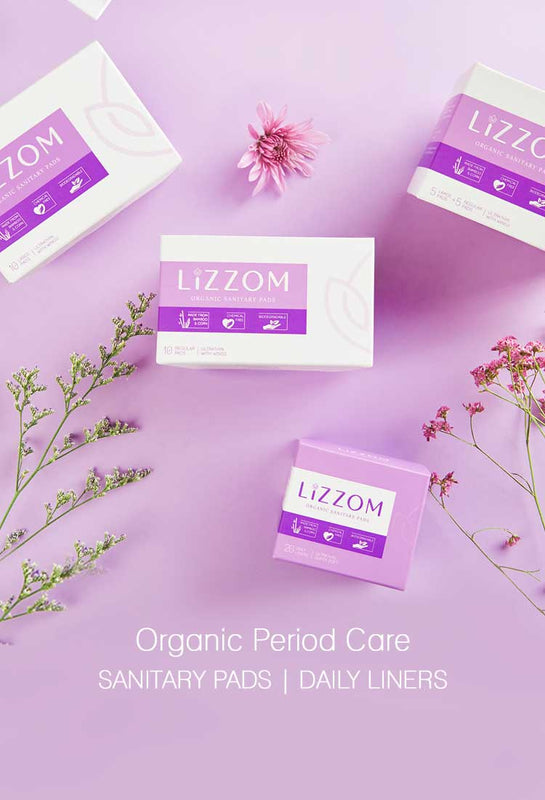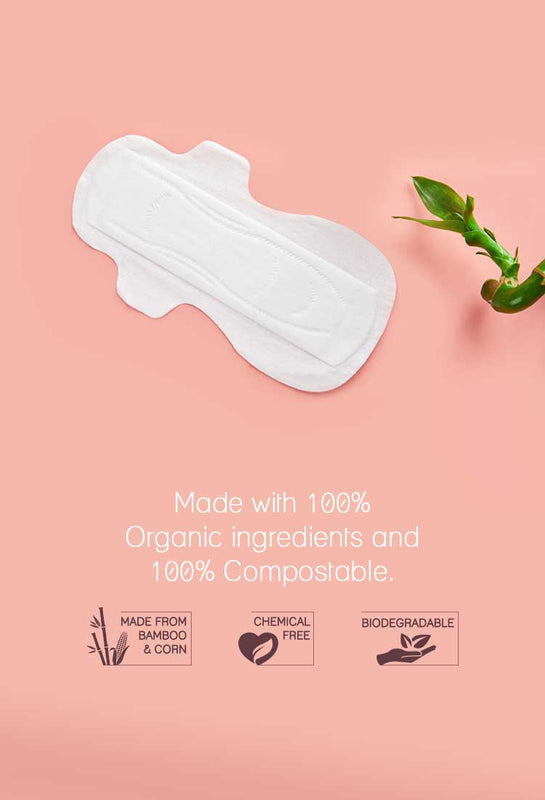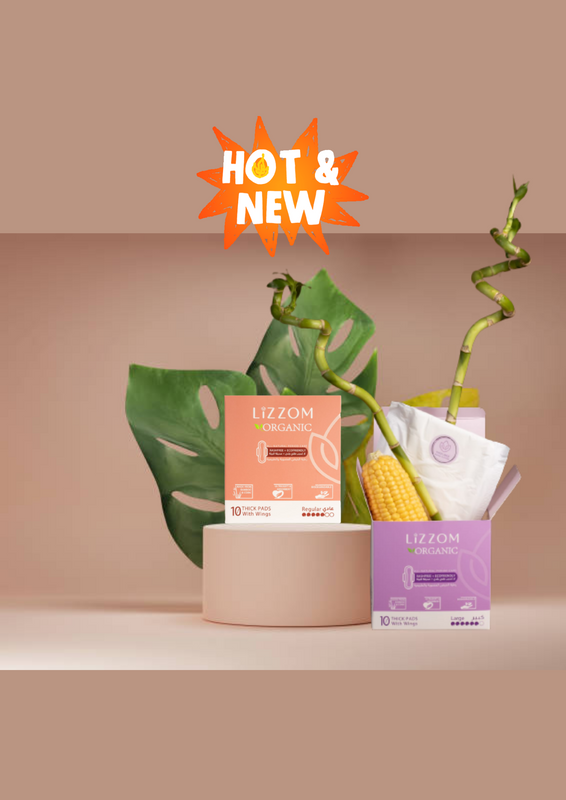KNOW US
Empowering Periods, Elevating Spaces
LiZZOM is a UAE groomed woman owned period care solution company in MENA region that provides "Sanitary pad vending machines" and 100% certified "organic and biodegradable sanitary pads" and "liners" for the machines making clean and eco-friendly period products available and accessible at all times. Wherever you are and whenever you need, enabling you to simply ‘Carry on with life’.
At Lizzom, we believe that essential hygiene should never be out of reach. If toilet paper is freely available, why aren’t period products? As the UAE’s exclusive period care solution, we offer sustainable, high-quality pads and tampons in every workplace and public washroom.
Through our partnership with Period Positive Workplace (PPW), we provide the guidance and support needed to help your company become officially certified as a Period Positive Workplace. This certification highlights your commitment to gender equity and a supportive environment for all. Join us in transforming hygiene, one space at a time.
Reach us to know how to get certified - 0563175071

"Sustainable Period Care Vending Solutions"
Ensuring easy access to quality period products for all. We help businesses and schools easily implement "Sustainable Period Care Vending Solutions" for their employees and students.
Explore the complete ecosystem Sanitary Pad Dispensers | Vends | Bins | Pads and tampons refills | Bin liners"
How it works? Simple 3 step process to make you period positive work place
Step 1
Choose from our wide range of options, including sleek minimalist dispensers and advanced hightech QR code-enabled vending machines.
Choose to freely provide period products in or near bathrooms for all employees who menstruate.
Or set up our machines in commerical area where women can freelyh access period care using apple pay / google pay/ credit card or cash.
Explore more in dispensers and vends
whatsapp 056 3175071
How it works?
Step 2
Identify the audience and number of
washrooms to install.
Select the type of machine and plan you want.
FREE VEND or PAID
Assign the number of vending machines per washroom
Request and accept a quote for the
requested machines
LiZZOM team arrives to install.
Whatsapp or call 056-3175071 for More
How it works?
Step 3
Estimate (or take help of our expert advisors) the number and size of
pads required per month
Subscribe for the cases
(1 case =200pc of pads)
LiZZOM will send the monthly
supplies and bill monthly for the pads
Manage refill from LiZZOM’s
monthly supply through your own staff
Whatsapp or call 056-3175071 for More
WHY BAMBOO AND CORN
CHOICES THAT MAKE ALL THE DIFFERENCE.
All our products are made from sustainable certified raw materials.
"Chemical free and plastic free"
When we began our research, we wanted to create a product that was as good for the environment as for you. We chose soft and sustainable bamboo over organic cotton for our pads and liners and we replaced normal plastic with corn starch plastic. Organic cotton is a much cleaner raw material than conventional cotton but it also requires a large amount of resources to produce. That’s why we chose Organic Bamboo and Corn to create a cleaner, safer, more absorbent and compostable sanitary napkin.
Shop Now
LiZZOM UltraThin Pads, Thick Pads and Liners


LiZZOM Organic Ultrathin Sanitary pads






































